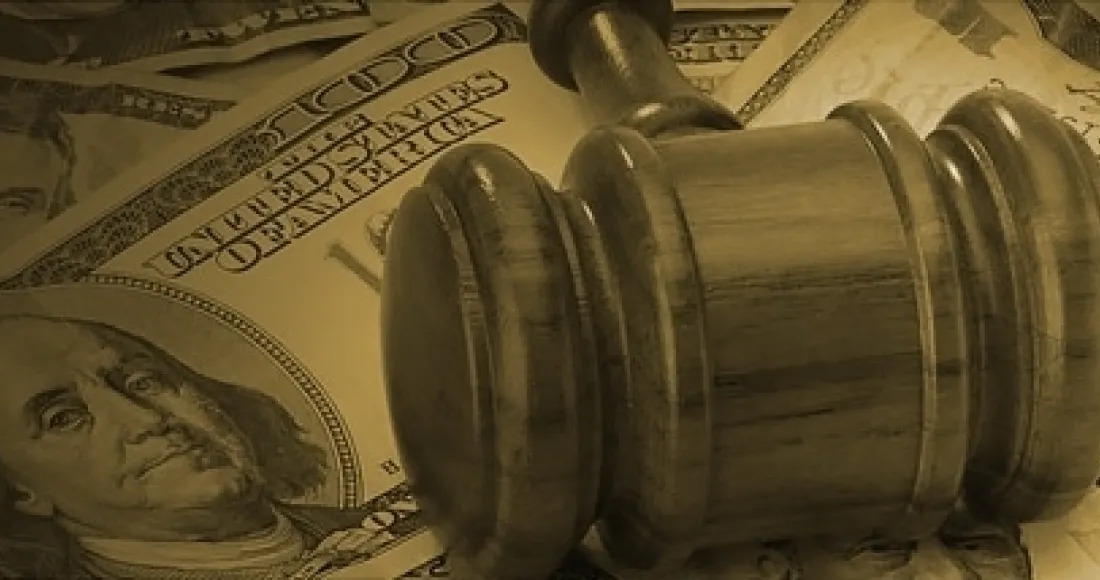
Last week we discussed procurement fraud and, specifically, bid rigging. This week’s topic is collusion, another type of procurement fraud, and how it can prevent the federal government from getting the best price for goods and services, which ultimately costs you, the U.S. taxpayer, more in tax expenditures.
For this type of procurement fraud to be discovered and addressed, someone with direct knowledge of the conversations that occurred has to come forward and shine the light on the activity.
What exactly is collusion?
According to the fourth edition of Black’s Law Dictionary, collusion is “a secret combination, conspiracy, or concert of action between two or more persons for fraudulent or deceitful purpose.” In other words, it’s basically when competitors get together and agree to set prices for their products or services. They may agree to set a minimum price or to reduce or eliminate all discounts. When an industry only has a few dominant players, it’s much easier for them to get together — i.e., collude — and agree on these types of illegal pricing strategies.
Similar to bid rigging that we discussed last week, collusion reduces competition. It can be extremely hard to detect and prove, as there are generally no written agreements between the colluders. By its very nature, collusion typically relies on a handshake or unwritten agreement between the parties. For this type of procurement fraud to be discovered and addressed, someone with direct knowledge of the conversations that occurred — what was said by whom, where the collusion occurred, dates and approximate times, and what was agreed to — has to come forward and shine the light on the activity. The whistleblower, or Relator, is the only one in today’s society who can do this. Without a courageous Relator willing to come forward, companies, with a wink and a nod, can take advantage of the federal government, which doesn’t have enough investigators to address all the procurement fraud that occurs on an annual basis.
Collusion Indicators
The following are common signs of collusion:
- Competitors announce price increases simultaneously (or close to simultaneously) or gradually increase prices in an identifiable pattern
- Competitors have the exact same pricing for standardized goods
- All competitors offer the same discount and refuse to negotiate discounts
- All competitors have uniform pricing across similar or like product lines and refuse to negotiate those prices under any circumstances
A Successful Prosecution
When an industry only has a few dominant players, it’s much easier for them to get together — i.e., collude — and agree on these types of illegal pricing strategies.
In February 2012, the U.S. Department of Justice settled a False Claims Act case for $500,000 that involved collusion between two gas companies over mineral rights leases. The case was intervened — that is, taken over by the government — after a courageous whistleblower, a former vice president at one of the companies, filed a Qui tam lawsuit.
SG Interests and Gunnison Energy Corp., the gas companies who were defendants in the Qui tam suit, were charged with violating federal law by rigging auctions for Bureau of Land Management (BLM) gas leases. The whistleblower's allegations were that the company presidents entered into an illegal agreement stipulating that future lease acquisition would be split between the two companies on a 50-50 basis. It was further alleged that the presidents would decide together which acreage to bid on and how much each would bid on various parcels. Collusion in its purest form! The Qui tam lawsuit also alleged that the companies agreed that SG Interests would be the only bidder at certain natural gas lease auctions, but would then assign an interest in those newly won leases to Gunnison Energy. Collusion resulted in the U.S. government receiving less money from the leases than it would have if the collusion had not occurred.
In this case the courageous whistleblower helped to ensure that future competition for federal oil and gas rights would be above board and that the federal government, and, ultimately, the U.S. taxpayer, would receive the higher revenue that results from truly competitive procurement activity.
As this important case illustrates yet again, whistleblowers are a critical link in ferreting out procurement fraud and collusion between competitors. If you have witnessed any form of government procurement fraud, including fraud in defense contracting or fraud tied to government healthcare programs, coming forward can provide both peace of mind and potential financial rewards. Partnering with our expert investigative team and attorneys who have specialized knowledge of the False Claims Act (including its whistleblower protections and potential rewards) is a necessity in today’s crowded legal environment. Call us today to discuss in greater detail how we can work together to put a stop to collusion.
Next week, we’ll further examine procurement fraud and how defective pricing and price reductions are used to make false claims against the federal government.

